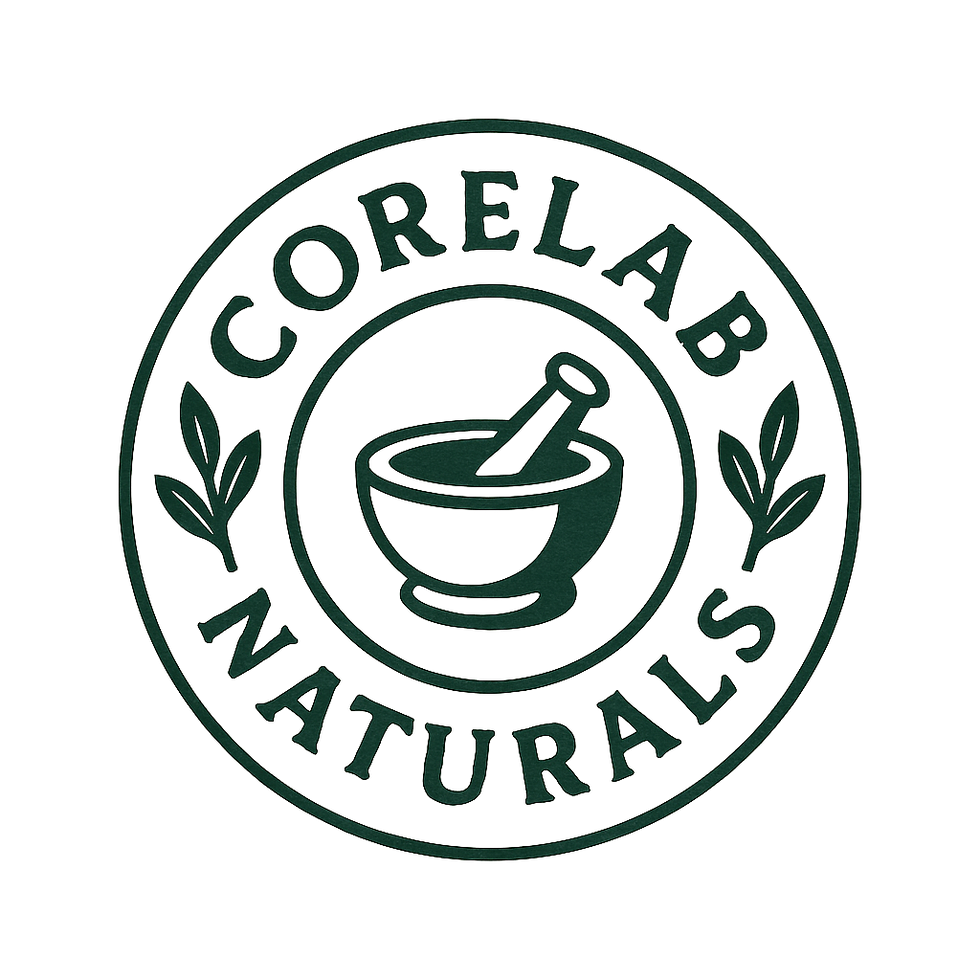Revive Your Senses: How Scalp Massages Can Alleviate Migraines and Promote Relaxation, natural alternative methods.
- alex stretton
- Nov 19, 2025
- 3 min read
Migraines and headaches affect millions of people worldwide, often disrupting daily life and causing intense discomfort. While many turn to medication for relief, simple, time-tested methods like scalp massages offer a natural way to ease pain, reduce stress, and even support hair growth. This blog explores how scalp massages can revive your senses, helping you relax and find relief from headaches and migraines.

How Scalp Massages Help Reduce Migraines and Headaches
Scalp massages work by increasing blood flow to the head and neck area. This improved circulation can help relax tight muscles and reduce the intensity of headaches. When muscles in the scalp and neck are tense, they can trigger or worsen migraine pain. Massaging these areas loosens the muscles and eases pressure on nerves.
Research suggests that gentle pressure applied during a scalp massage stimulates the release of endorphins, the body’s natural painkillers. These chemicals help reduce pain perception and promote a feeling of well-being. For people prone to migraines, regular scalp massages can be a useful complementary approach to managing symptoms.
Practical Tips for Effective Scalp Massages
Use your fingertips to apply gentle, circular motions across your scalp.
Focus on areas where you feel the most tension, such as the temples, base of the skull, and forehead.
Spend 5 to 10 minutes massaging daily or whenever you feel a headache coming on.
Use natural oils like lavender or peppermint to enhance relaxation and provide a soothing scent.
Avoid pressing too hard, which can cause discomfort or worsen headaches.
Scalp Massages as a Stress-Relief Tool
Stress is a common trigger for headaches and migraines. Scalp massages help calm the nervous system by activating the parasympathetic response, which slows heart rate and lowers blood pressure. This relaxation response reduces stress hormones like cortisol, helping you feel calmer and more centered.
Incorporating scalp massages into your daily routine can create a moment of mindfulness and self-care. Taking time to focus on gentle touch and breathing during a massage encourages relaxation and mental clarity. This simple practice can improve your overall mood and resilience to stress.
Stimulating Hair Growth Through Scalp Massage
Beyond headache relief and relaxation, scalp massages may support hair health. Increased blood circulation delivers more oxygen and nutrients to hair follicles, which can promote stronger, healthier hair growth. Some studies suggest that regular scalp stimulation may help reduce hair thinning and improve scalp condition.
To maximize benefits for hair growth:
Massage your scalp for at least 5 minutes daily.
Use oils rich in vitamins and antioxidants, such as coconut oil or rosemary oil.
Combine scalp massage with a balanced diet and proper hair care routine.

When to Seek Professional Help
While scalp massages can provide relief for many, persistent or severe migraines require medical attention. If headaches worsen or come with other symptoms like vision changes, dizziness, or nausea, consult a healthcare professional. A doctor can help diagnose underlying causes and recommend appropriate treatment.
Professional massage therapists trained in headache relief techniques can also offer targeted scalp and neck massages. These sessions may provide deeper relief for chronic migraine sufferers.
Simple Steps to Start Your Scalp Massage Routine
Find a quiet, comfortable space where you can relax without interruptions.
Choose a natural oil if desired, warming it slightly before use.
Use your massaging comb to gently massage your scalp in circular motions.
Cover all areas of your scalp, paying attention to tense spots.
Breathe deeply and focus on the sensation of touch to enhance relaxation.
Repeat daily or as needed to reduce headache frequency and stress.
Taking just a few minutes each day to care for your scalp can make a noticeable difference in how you feel.





Comments